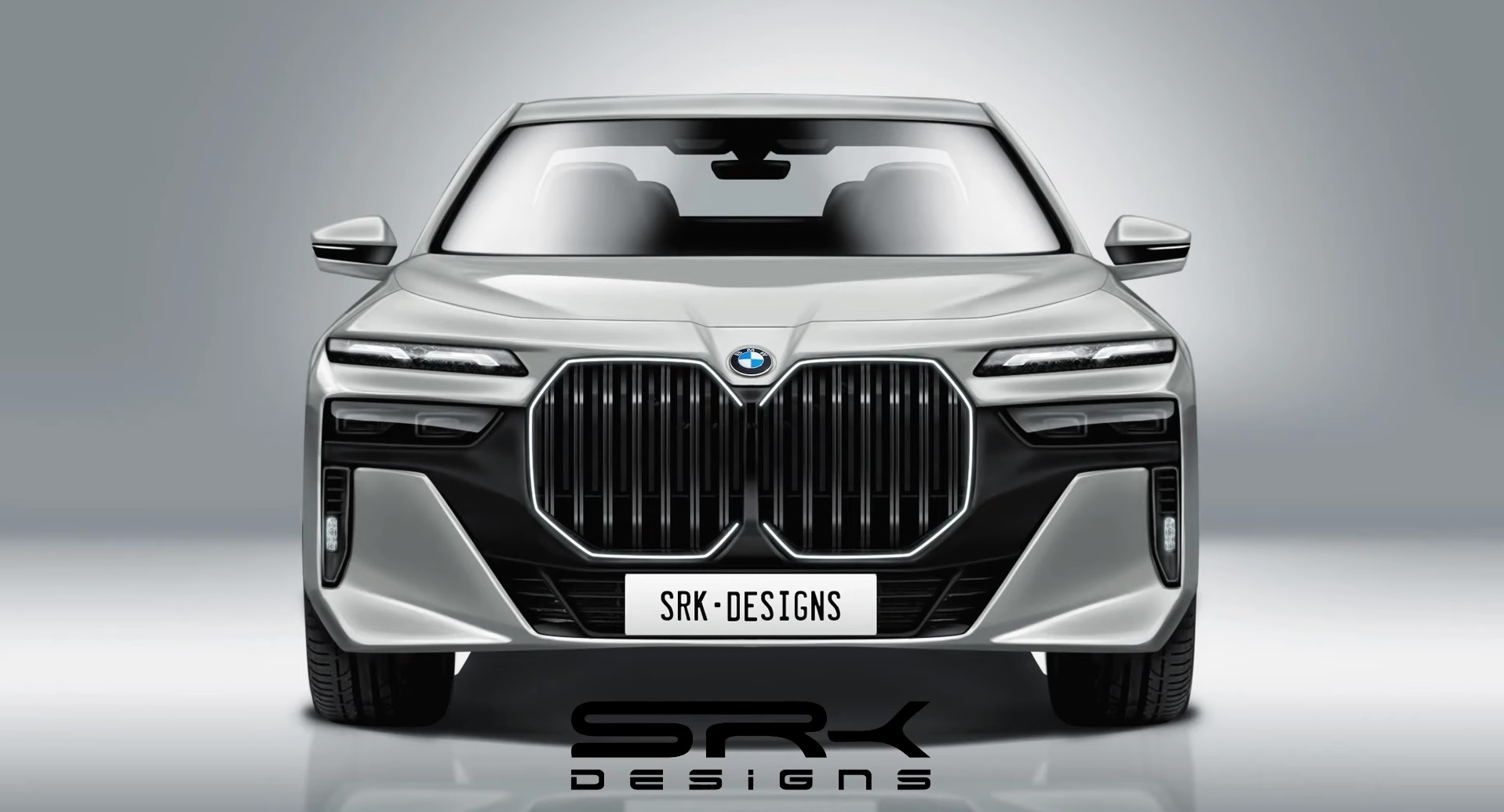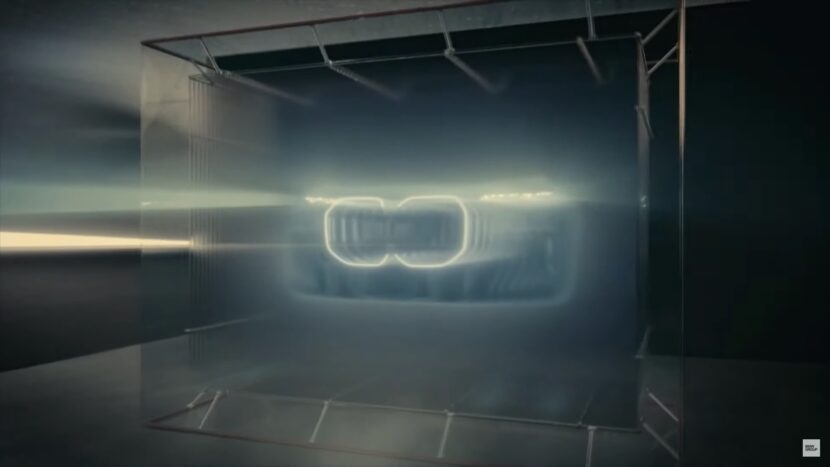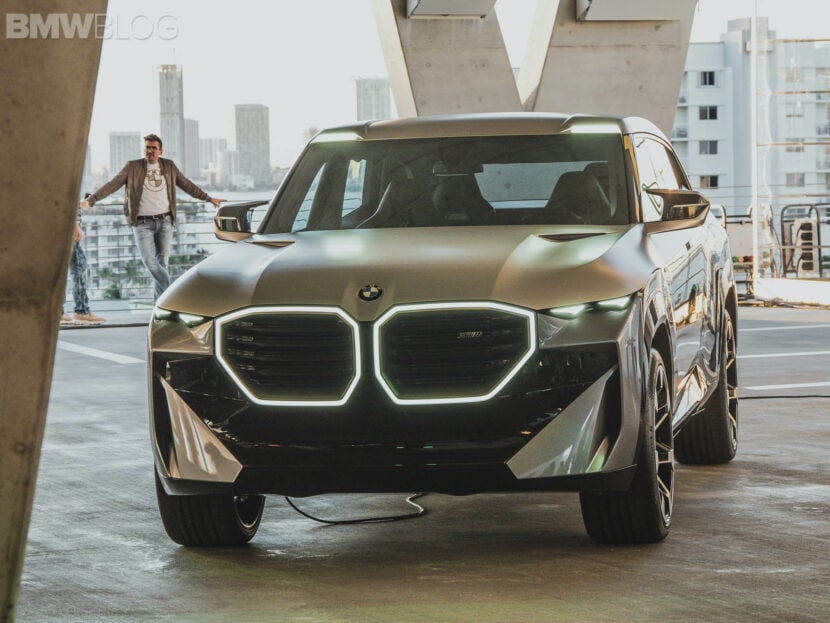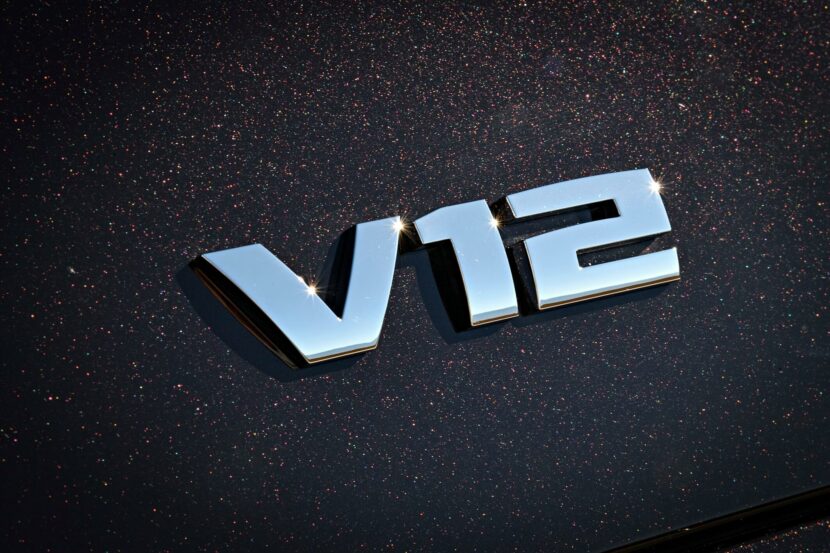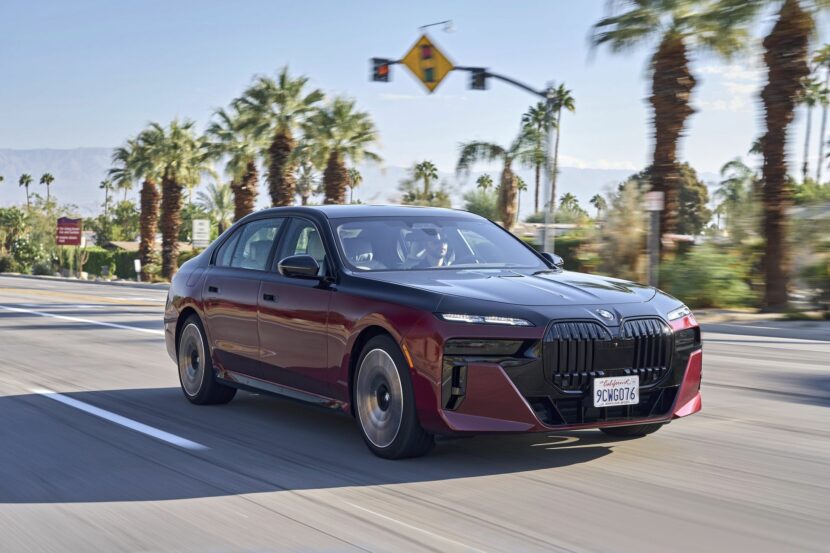The buzz around the interwebs these days is that BMW is planning an M7 model. The news were first reported by Autocar and then picked up by several outlets. Including us. The BMW M7 topic comes around every few years, usually when a new generation of the high-end limousine is about to launch. So the upcoming G70 7 Series generation is now at the center of these news. According to the UK-based magazine, the potential BMW M7 would use the plug-in hybrid drivetrain from the BMW XM.
Of course, that news tidbit certainly makes sense considering that the very same powertrain will end up in several BMW products, including in the upcoming BMW M5 G60. The V8 and electric motors combination can deliver up to 750 horsepower and that could certainly make the M7 one of the fastest BMWs ever built. And of course, one of the quickest cars in the segment. But is the market for the M7 large enough to warrant its existence? Let’s take a look at some of the reasons why we don’t believe a BMW M7 is in works.
BMW says the i7 will be the most powerful 7 Series model
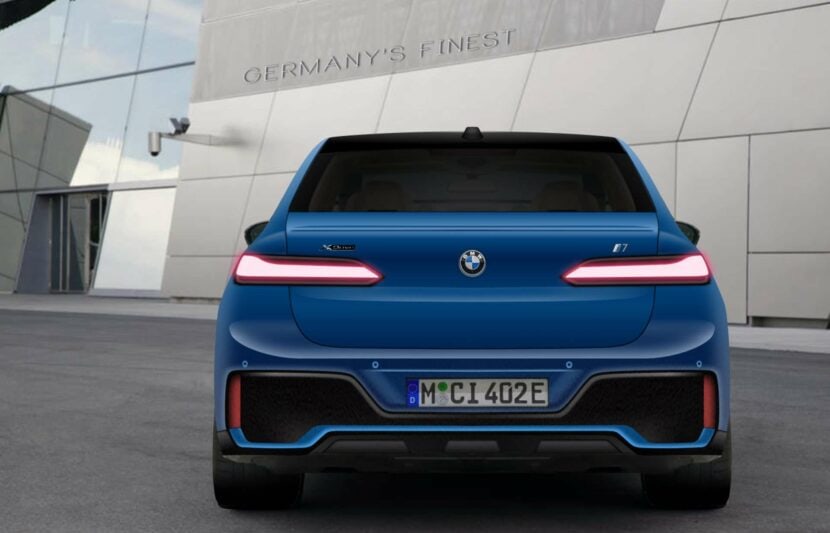
During a recent interview, BMW CTO Frank Weber said that the upcoming BMW i7 electric limousine will not only be the brand’s first 7 Series electric, but also the most powerful model of the new luxury lineup. There is a chance, of course, that Weber was simply referring to the BMW AG-made 7 Series family and not to its M counterparts. Even though the two car divisions work closely together, there is often a clear differentiation between their product roadmap. Just look at the BMW XM which does not have a counterpart in the BMW AG lineup.
A flagship BMW i7M, or the rumored BMW i7 M70, will make a lot more sense, in our opinion, and will send the company down the path of delivering high-performance electric sedans and limousines. The BMW i7 M70 is already rumored to make at least 650 horsepower, so that’s plenty of power for a car of its size, and certainly a worthy replacement for the outgoing V12 BMW M760i.
Overlap in products and a small segment
Let’s assume that BMW is indeed launching a BMW M7 V8 plug-in hybrid with 750 horsepower. Even though the BMW i7 M70 is underpowered in comparison, there will still be an overlap between the two products. Naturally, they could differentiate the i7 M70 from the M7 as the M Performance Model vs. the full-fledged M model, but both cars will still cater to a niche segment. The luxury limousine segment has been shrinking in the last few years with most customers moving towards equally luxurious but more spacious crossovers. So while on paper a BMW M7 is a cool product, the return on investment could be the major obstacle. And BMW is certainly known for only chasing the most profitable niches and products.
BMW M will stray too far from its roots
The M Division has already been pushing the envelope when it comes to their M products. The performance division was once known for delivering small and nimble sports cars, but ever changing market conditions influenced their product strategy. This is how the BMW X5 M and X6 M were born, quickly becoming quite popular with customers. Then you have the upcoming BMW XM. The bespoke M product has certainly moved away from the BMW M DNA, but apparently there is a market for it. Somewhere in the world.
So could the negative online feedback change BMW’s mind? Unlikely. A potential BMW M7 would have been in development for years by now. Furthermore, BMW is not known to scrape products because of social media criticism. Their decisions are usually based on market research, customers’ input and design clinics.
Yet, we would love to believe that the M brand will continue to focus its efforts and budgets on more fun cars, like the upcoming BMW M4 CSL, M3 Touring, future M2 CS, or even their first ever BMW M2 CSL. All of these are closer to the heart of M customers than an M7 would ever be.
In the end, our analysis is nothing more than an opinion piece because at this point we have yet to hear from our sources about a BMW M7 being in works. Of course, that doesn’t mean that we’re right. Even us don’t always nail down all the future products.


